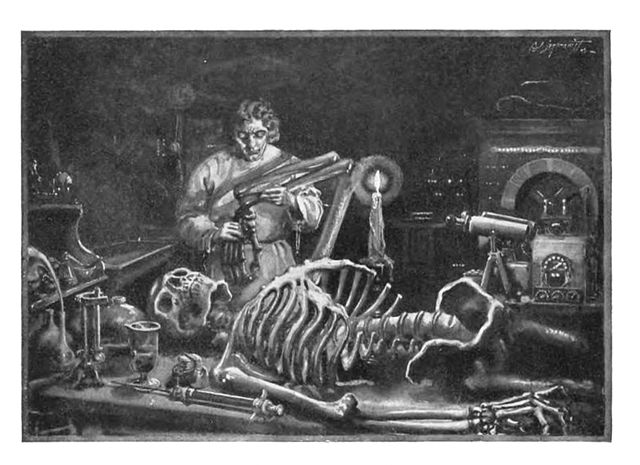Franken-algorithms: the deadly consequences of unpredictable code
By Andrew Smith,
The Guardian
| 08. 30. 2018
The 18th of March 2018, was the day tech insiders had been dreading. That night, a new moon added almost no light to a poorly lit four-lane road in Tempe, Arizona, as a specially adapted Uber Volvo XC90 detected an object ahead. Part of the modern gold rush to develop self-driving vehicles, the SUV had been driving autonomously, with no input from its human backup driver, for 19 minutes. An array of radar and light-emitting lidar sensors allowed onboard algorithms to calculate that, given their host vehicle’s steady speed of 43mph, the object was six seconds away – assuming it remained stationary. But objects in roads seldom remain stationary, so more algorithms crawled a database of recognizable mechanical and biological entities, searching for a fit from which this one’s likely behavior could be inferred.
At first the computer drew a blank; seconds later, it decided it was dealing with another car, expecting it to drive away and require no special action. Only at the last second was a clear identification found – a woman with a bike, shopping bags...
Related Articles
By Diaa Hadid and Shweta Desai, NPR | 01.29.2026
MUMBRA, India — The afternoon sun shines on the woman in a commuter-town café, highlighting her almond-shaped eyes and pale skin, a look often sought after by couples who need an egg to have a baby.
"I have good eggs,"...
By George Janes, BioNews | 01.12.2026
A heart attack patient has become the first person to be treated in a clinical trial of an experimental gene therapy, which aims to strengthen blood vessels after coronary bypass surgery.
Coronary artery bypass surgery is performed to treat...
By Staff, ScienceDaily | 01.05.2026
Scientists at UNSW Sydney have developed a new form of CRISPR technology that could make gene therapy safer while also resolving a decades-long debate about how genes are switched off. The research shows that small chemical markers attached to DNA
...
Following a long-standing CGS tradition, we present a selection of our favorite Biopolitical Times posts of the past year.
In 2025, we published up to four posts every month, written by 12 authors (staff, consultants and allies), some in collaboration and one simply credited to CGS.
These titles are presented in chronological order, except for three In Memoriam notices, which follow. Many more posts that are worth your time can be found in the archive. Scroll down and “VIEW...




